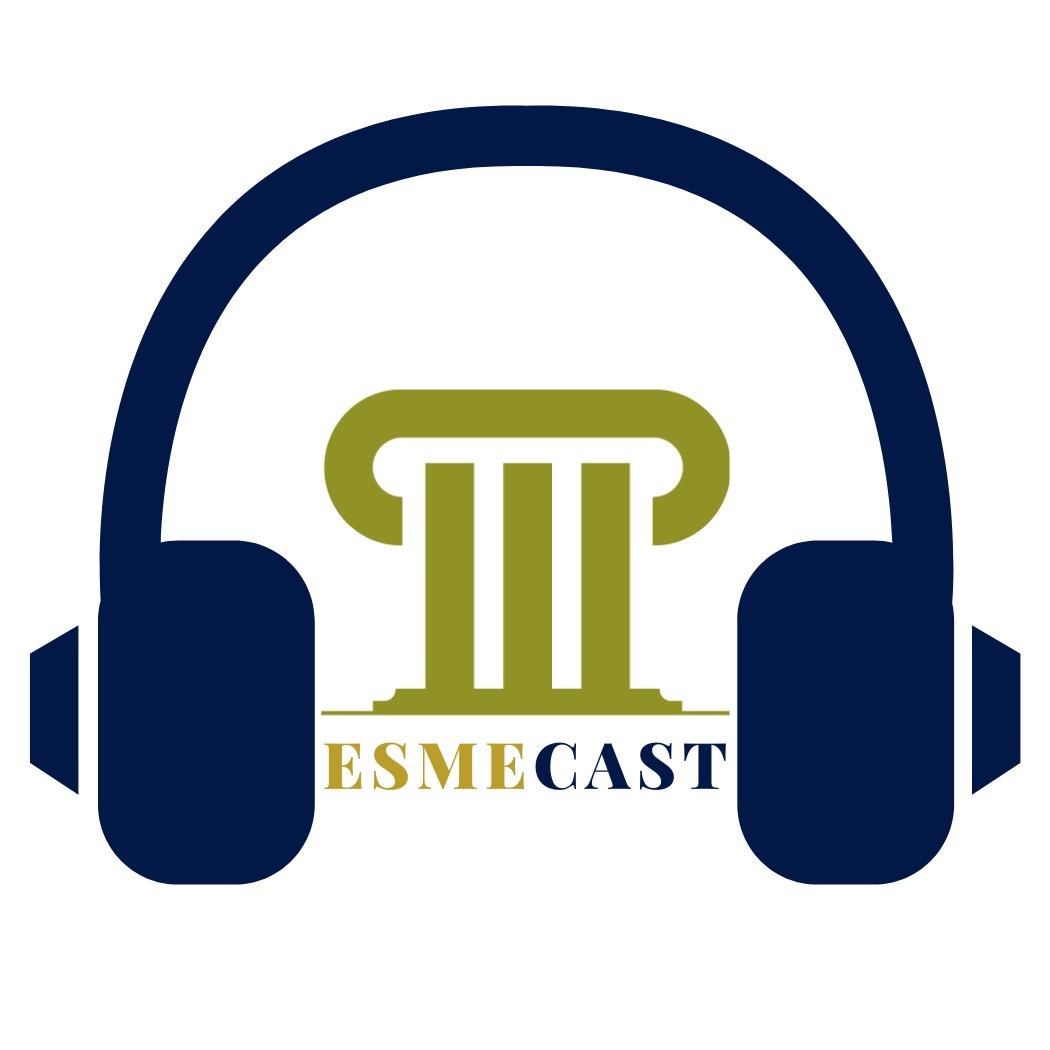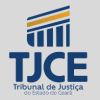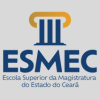ENSINO JURÍDICO NO BRASIL: UMA REFLEXÃO HISTÓRICA E AS ATUAIS DIRETRIZES CURRICULARES NACIONAIS
DOI:
https://doi.org/10.56256/themis.v22i1.1015Abstract
This research aims to analyze how legal training has been oriented in Brazil since the creation of the first Law courses and how the best Law courses, according to the RUF, are implementing the National Curriculum Guidelines, notably, regarding new technologies and intelligence artificial? To answer the question, a historical analysis was carried out on the basis of legal training in Brazil and it was verified how the skills and abilities described in the Curricular Guidelines of Law Courses are in line with the knowledge necessary for the exercise of legal professions in the context of contemporaneity and how the use of artificial intelligence and/or new technologies has been incorporated into legal education. The research is exploratory and the adopted procedures follow a qualitative approach. It is possible to conclude that the researched legal education institutions are in the process of adapting their curricular matrices for the implementation of the competences and abilities indicated in the DCN's, in particular, regarding new technologies and artificial intelligence.
Downloads
Published
How to Cite
Issue
Section
License
- Todos os artigos são publicados sob a licença Creative Commons - Atribuição Não Comercial (CC BY-NC), permitindo que terceiros copiem, distribuam e adaptem o conteúdo, desde que seja dada a devida atribuição ao autor e à revista.
- No caso da licença CC BY-NC, o uso comercial dos artigos não é permitido.
















